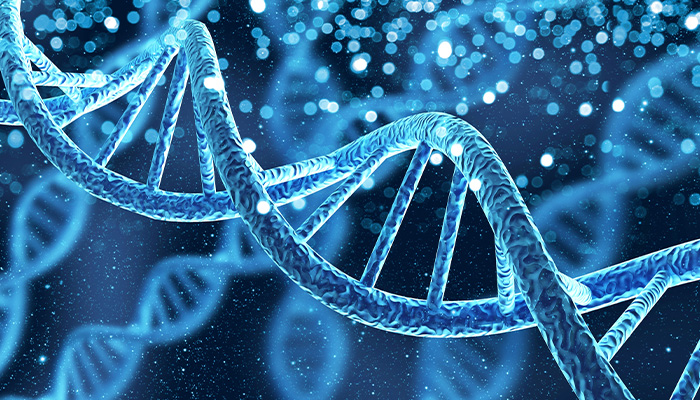A bold new chapter in science is unfolding as researchers in the UK embark on a project to create human DNA from scratch—a move that could redefine not only medicine, but also the very fabric of society.
Funded by a Rs 117 crore (£10 million) grant from the Wellcome Trust, the world’s largest medical charity, this Synthetic Human Genome Project unites top minds from Oxford, Cambridge, and Imperial College.
Their initial goal: construct a fully synthetic human chromosome, representing about two percent of our DNA, as a proof of concept for what could one day be the creation of an entire human genome in the lab.
The Promise: Medicine Reimagined
Supporters of the project see a future where the limits of biology are shattered. Dr. Julian Sale of the MRC Laboratory of Molecular Biology envisions therapies that could dramatically improve quality of life as people age, reducing disease and enabling healthier aging.
The plan is to use synthetic DNA to generate disease-resistant cells that could repair or replace damaged organs—offering hope to millions suffering from chronic illnesses or organ failure.
Professor Matthew Hurles of the Wellcome Sanger Institute highlights another advantage: the ability to build DNA from scratch allows scientists to rigorously test how genes function, paving the way for more precise and effective treatments.
The Peril: The Birth of Genetic Inequality?
Yet, while the scientific community dreams of breakthroughs, another, less discussed angle is emerging—the risk of deepening social and economic divides through “biological inequality.”
As synthetic DNA technology advances, access to custom-built therapies, designer organs, or even genetically tailored children could become the ultimate status symbol, available only to the wealthy or those in developed nations.
This scenario raises urgent questions: Who will control this technology? Will it be regulated for the public good, or commercialized for profit? Could we see a future where genetic “haves” and “have-nots” are separated not just by wealth, but by biology itself?
Ethics and the “God Complex”
The ethical debate is already heating up. Critics like Professor Bill Earnshaw warn that the technology could be rapidly commercialized, with few safeguards in place. “The genie is out of the bottle,” he cautions, suggesting that once the ability to synthesize DNA is widespread, it will be nearly impossible to control.
Dr. Pat Thomas of Beyond GM adds that even well-intentioned science can be repurposed for harm—whether for unethical experimentation, bioweapons, or new forms of discrimination.
Society Reacts: Awe, Anxiety, and Satire
Public response reflects both excitement and unease. Social media is buzzing with jokes about “corporate grown employees” and references to sci-fi horror, but also hope that such advances could eliminate lifelong health burdens.
The divide in reactions underscores the broader societal questions at stake: Are we ready for a world where DNA can be built to order? Who gets to decide what is created, and for whom?
Looking Ahead: The Need for Global Dialogue
This project is not just a scientific milestone—it’s a turning point for humanity. The power to create human DNA from scratch could revolutionize medicine, but it could also usher in a new era of inequality and ethical dilemmas.
As we stand on the edge of this genetic frontier, it is crucial that scientists, policymakers, and the public engage in an open, global conversation about how this technology should be used, who benefits, and how we protect against its misuse.
The Synthetic Human Genome Project is a testament to human ingenuity—but whether it becomes a force for healing or a source of division will depend on the choices we make today.








